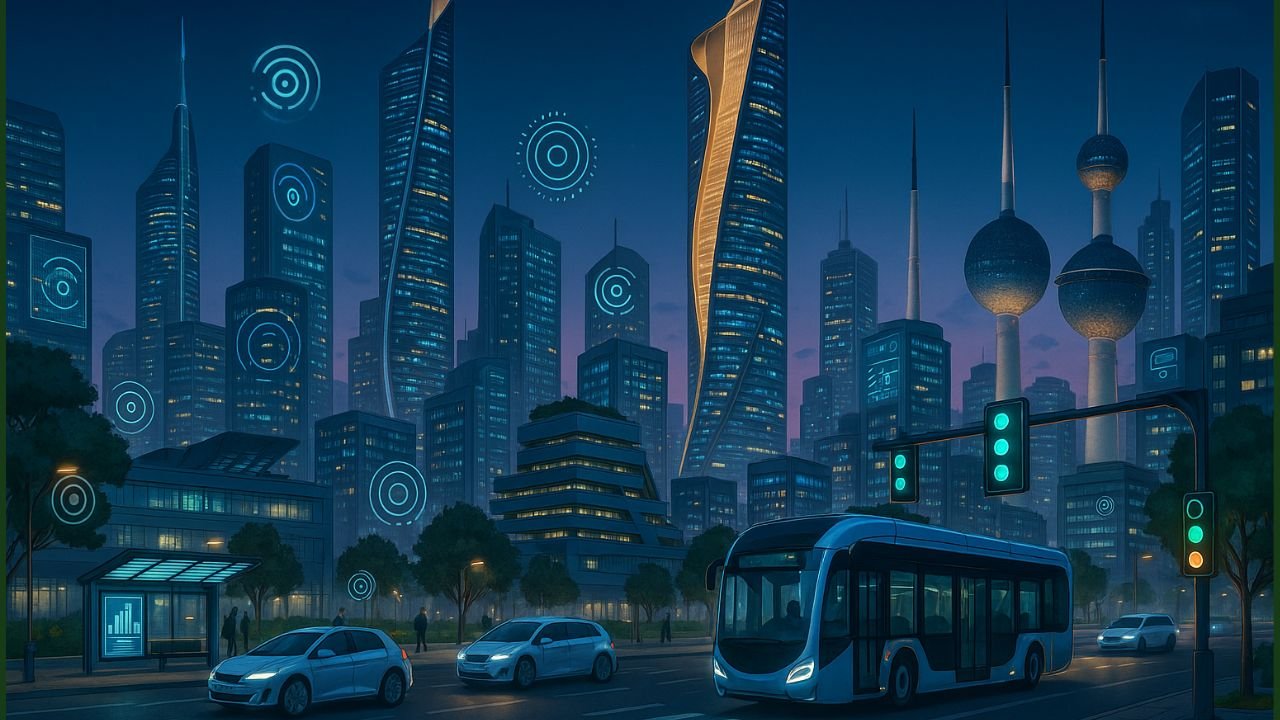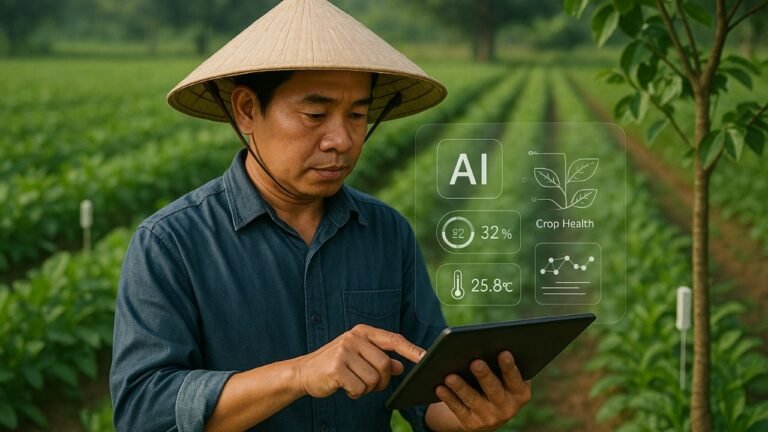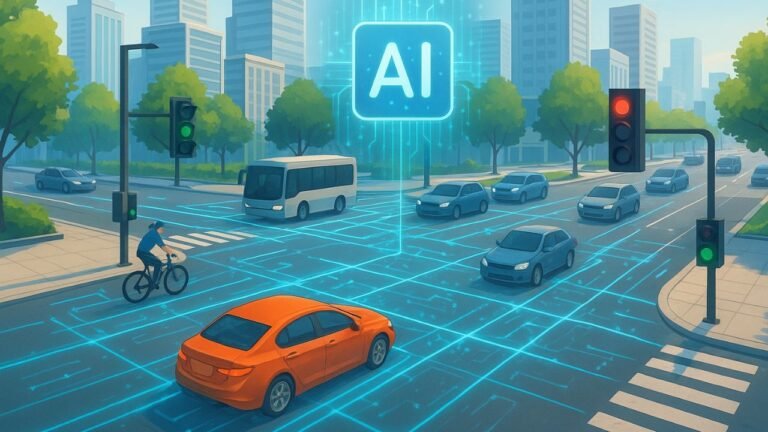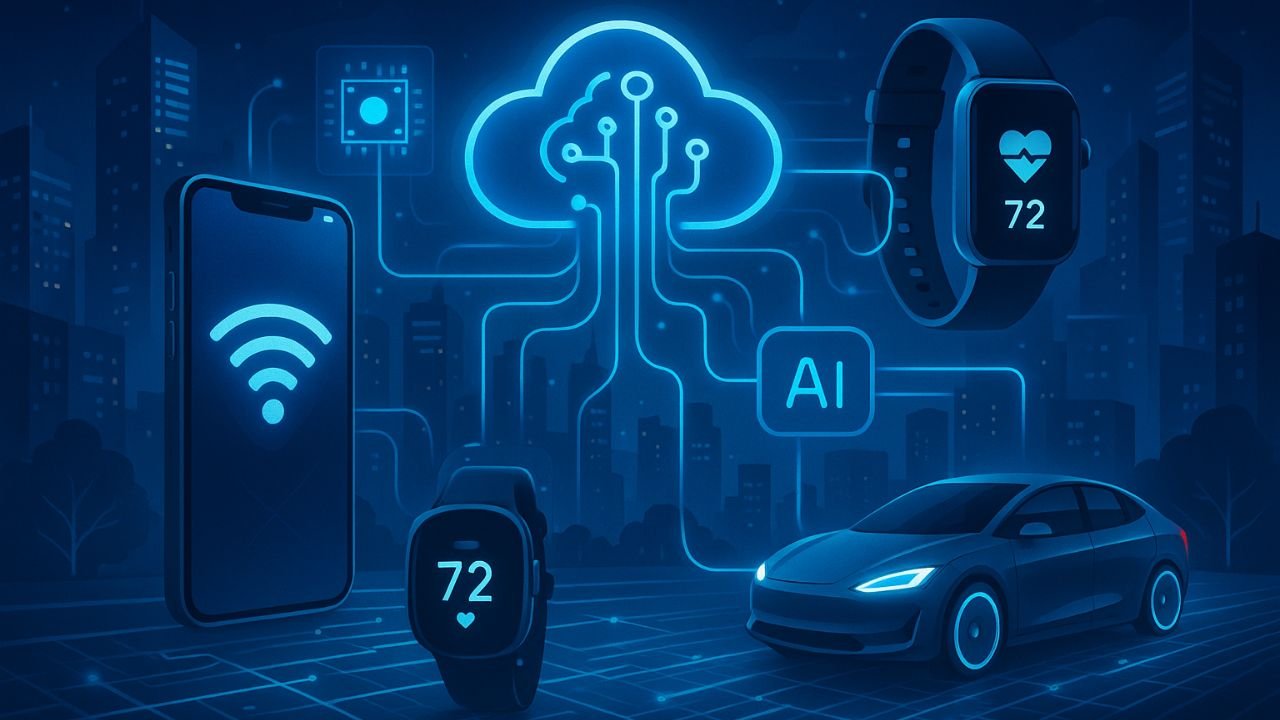Two cutting-edge technologies, IoT artificial intelligence and machine learning, are reshaping industries around the world. These innovations offer unparalleled opportunities in connectivity, automation, and data-driven decision-making. Let’s explore how IoT and AI work together to revolutionize various sectors.
Table of Contents
What is IoT Artificial Intelligence?
IoT artificial intelligence refers to the integration of the Internet of Things (IoT) with artificial intelligence. IoT devices collect vast amounts of data, which AI algorithms analyze to make smart decisions autonomously. This combination enables devices to perform tasks without human intervention, making them smarter and more efficient.
How IoT Artificial Intelligence Works
IoT devices continuously collect data such as temperature, humidity, and motion. Once sent to the cloud, artificial intelligence tickets or algorithms process this data to identify patterns and take actions. For example, in smart factories, IoT sensors can detect equipment malfunctions and send data to an AI system that predicts maintenance needs.
The Role of IoT Machine Learning
IoT machine learning plays a critical role by enabling devices to learn from data and improve over time. In agriculture, IoT devices monitor soil and weather conditions, while machine learning algorithms predict the best times for planting and harvesting, ensuring better crop yields and resource optimization.

Artificial Intelligence Tickets in IoT Systems
Artificial intelligence tickets automate tasks in IoT systems by categorizing, prioritizing, and resolving issues. In customer service or IT management, AI can handle repetitive tasks, allowing businesses to focus on more strategic operations. For example, AI can detect and resolve issues in connected devices without human input.
The Rise of Vietnam Artificial Intelligence
Vietnam artificial intelligence is gaining momentum as the country embraces the potential of AI and IoT. The government has launched various initiatives to foster AI research, particularly in areas like agriculture and smart cities. With AI’s help, Vietnam is improving its competitiveness in the global tech landscape.
Vietnam Artificial Intelligence in Agriculture
In agriculture, Vietnam artificial intelligence is transforming farming practices. AI-powered IoT devices collect data on soil conditions, weather, and crop health. Machine learning algorithms predict optimal planting and harvesting times, enhancing yield and sustainability.

Smart Cities Powered by IoT and Artificial Intelligence
The combination of IoT artificial intelligence is vital for the development of smart cities. IoT sensors gather data on traffic, energy consumption, and environmental conditions. AI processes this data to automate services, improve public safety, and optimize resource usage, making cities more efficient and sustainable.
In addition to its applications in industries like healthcare and agriculture, AI and IoT are also playing a crucial role in defense. To learn more about how emerging military technologies are transforming modern warfare, check out our article on Top 10 Future Military Technologies.
IoT Machine Learning in Traffic Management
In smart cities, IoT machine learning is revolutionizing traffic management. IoT devices monitor real-time traffic conditions and send data to AI systems, which predict congestion and automatically adjust traffic signals to improve flow. This reduces congestion, making commuting more efficient.

AI in Energy Management for Smart Buildings
AI integrated with IoT devices helps optimize energy consumption in buildings. By analyzing data from IoT sensors, AI algorithms can adjust heating, lighting, and cooling systems based on real-time conditions, reducing energy waste and operational costs.
Artificial Intelligence Tickets for Predictive Maintenance
Predictive maintenance is one of the most practical applications of artificial intelligence tickets. By monitoring IoT device performance, AI can predict when a machine or equipment might fail. This proactive approach allows companies to perform maintenance before breakdowns occur, saving costs and minimizing downtime.
The Impact of IoT Artificial Intelligence on Healthcare
IoT artificial intelligence is revolutionizing healthcare. Wearable IoT devices collect patient data like heart rate and temperature, which AI systems analyze to predict health risks. This early detection enables better care and more personalized treatment plans for patients.
Improving Manufacturing Efficiency with AI and IoT
In manufacturing, IoT artificial intelligence helps monitor production lines, identify inefficiencies, and predict maintenance needs. By combining IoT sensors with AI-powered analytics, factories can optimize production processes, improve safety, and reduce downtime.
The Growing Role of IoT Machine Learning
IoT machine learning allows devices to adapt to changing environments. In logistics, for instance, IoT sensors track shipments in real-time, while machine learning algorithms analyze data to optimize delivery routes, reducing transportation costs and improving service.
The Future of Vietnam Artificial Intelligence
Vietnam artificial intelligence is set to play a major role in the global tech landscape. The country’s AI initiatives focus on driving innovation in various sectors like healthcare, agriculture, and smart cities. As Vietnam continues to embrace AI and IoT, it will become a key player in the AI revolution.
IoT Artificial Intelligence and Data Privacy Concerns
While IoT artificial intelligence promises many benefits, it also raises data privacy concerns. With millions of devices collecting sensitive data, it’s important to ensure that AI systems are designed to handle this information responsibly, ensuring user privacy and compliance with data protection laws.
The Future: IoT and artificial intelligence Integration
Looking ahead, the integration of IoT artificial intelligence will continue to drive innovation. As 5G networks expand and more IoT devices are deployed, the combination of IoT and AI will become even more powerful. We can expect smarter cities, more efficient industries, and enhanced automation across various sectors.
Conclusion On IoT Artificial Intelligence
The convergence of IoT artificial intelligence and machine learning is transforming how we live and work. From artificial intelligence tickets to Vietnam artificial intelligence, the possibilities are endless. As these technologies continue to evolve, we can look forward to a future where devices, systems, and cities are smarter and more efficient, making our lives easier and more connected.
As Artificial intelligence continues to evolve, the advent of GPT-5 marks a significant milestone in the AI landscape. This next-generation model promises to enhance reasoning capabilities, reduce hallucinations, and introduce multimodal functionalities, offering a more integrated and efficient AI experience. For a comprehensive overview of GPT-5’s features and its potential impact on various industries, you can read more in our detailed article: GPT-5: The Future of AI Has Arrived
